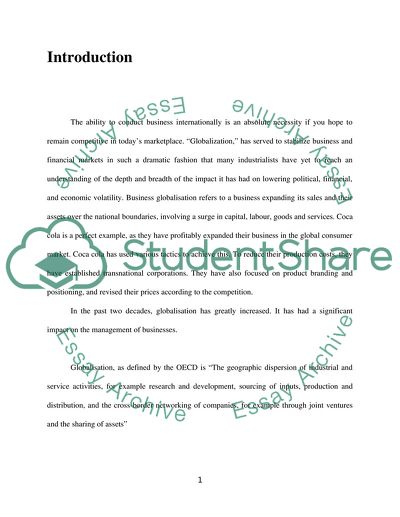Cite this document
(“Globalization and Diversity Essay Example | Topics and Well Written Essays - 2750 words”, n.d.)
Retrieved from https://studentshare.org/politics/1422258-globalization-and-diversity
Retrieved from https://studentshare.org/politics/1422258-globalization-and-diversity
(Globalization and Diversity Essay Example | Topics and Well Written Essays - 2750 Words)
https://studentshare.org/politics/1422258-globalization-and-diversity.
https://studentshare.org/politics/1422258-globalization-and-diversity.
“Globalization and Diversity Essay Example | Topics and Well Written Essays - 2750 Words”, n.d. https://studentshare.org/politics/1422258-globalization-and-diversity.


